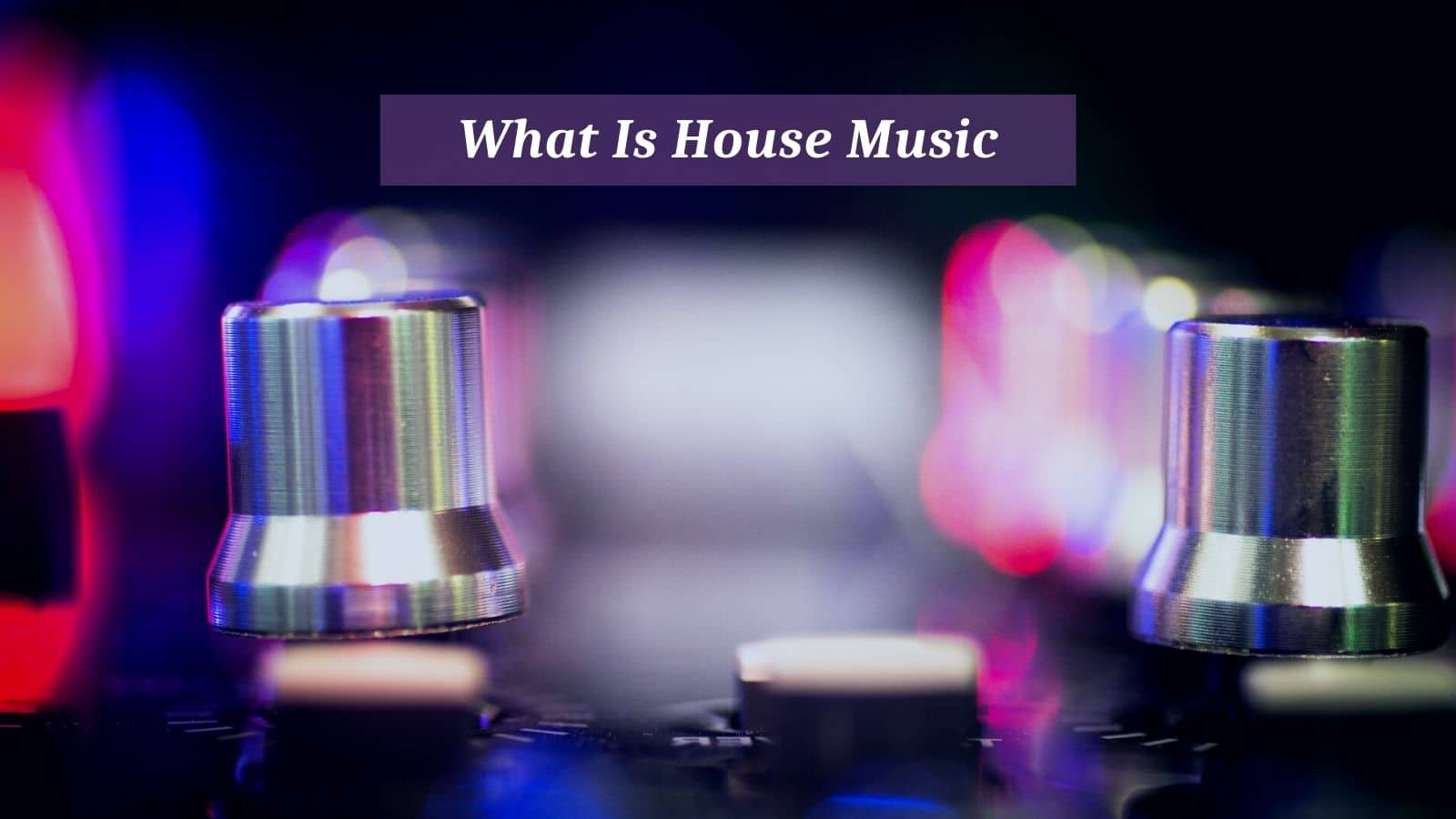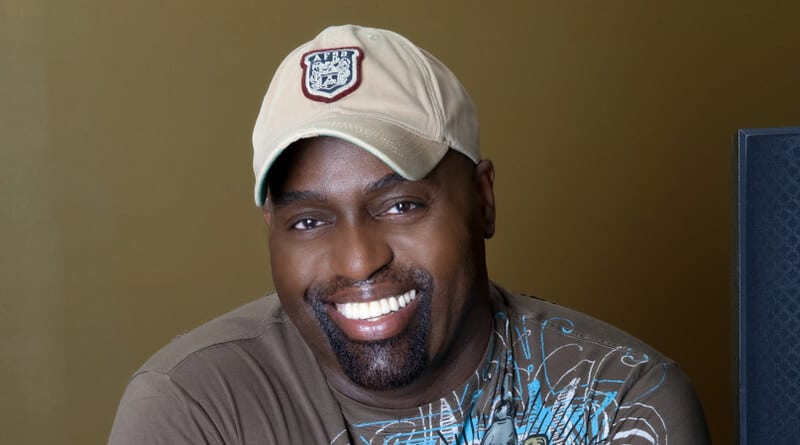
While some claim House music originated in Europe rather than America, let’s put that myth to bed. House originated in the US—America was caught up in the grunge movement in the rock arena. House started to gain popularity in Europe but did not originate there.
Before anyone chimes in with, “but what about Daft Punk? They’re from Europe?” Britany Gaston writes, “House music is American grown and has always been unapologetically Black.”
We can trace House music’s roots back to 1970s disco, which was primarily seen as Black gay music; disco’s decline also helped to set up House music.
What Is House Music
Where Did House Music Start?
The Disco Demolition Night, which was, in fact, a riot against disco music, was deeply rooted in homophobia and racism. But the disco and its music didn’t die; it transformed into House Music.
Frankie Knuckles can be seen as one of the fathers of House music. Frankie took his experimental music to the Warehouse, a club in Chicago, and his experiments quickly caught on and spread like wildfire.
Frankie used a reel-to-reel tape deck and turntables, selected the most danceable parts, and re-edited live records. Other DJs also saw the potential and followed suit with their disco records. The Warehouse was a safe space for Black gay men, but everyone was welcome.
Other House pioneers include Jesse Saunders, Farley “Jackmaster” Funk, Larry Heard (Mr. Fingers of Fingers Inc.), and Ron Hardy.
House music stayed localized in Chicago for a short time, and its influence started to spread further afield.
Derrick May often traveled to Chicago to hear and see Frankie Knuckles’ and Hardy DJs pioneering new music. Derrick took what he learned back home to Detroit and shared it with his friend Kevin Saunderson and Juan Atkins. The Bellville Trio’s music formed the basis for Detroit techno.
What Does House Music Sound Like?
There are a few key characteristics that make House music what it is:
- Almost every House song is written in a 4/4-time signature, with the bass drum giving it the characteristic ‘four-to-the-floor’ or ‘four-on-the-floor’ beat—there’s a bass drum note on each beat. Hi-hats are often offbeat to add more funk to the music.
- The tempo ranges between 110 and 130 beats per minute (BPM), but chill House is an exception with 100 BPMs, and more aggressive versions can push it up to 150 BPM.
- Countless old-school House recordings feature samples and loops from disco and soul tracks like vocals, basslines, and melodies.
- Samplers and loop stations were often less expensive than instruments and this, in turn, gave inner-city musicians a way to express themselves and tied in perfectly with House’s repetitive nature.
- Tying in with samplers and loop stations, synthesizers, and drum machines also played an essential role in developing House music. The Roland TR-808 drum machine was a firm favorite among House musicians, along with the Roland TB-303 bass line machine.
- Apart from the repetitive instrumental sounds and drums, repeated vocal hooks were also often, but only sometimes, used. A prime example is Daft Punk’s Around the World, where the lyrics “around the world” are repeated 144 times.
House music isn’t much different from disco, seeing that House developed from disco.
A more modern example is Beyoncé’s Break My Soul: the bass drum is present on each beat, claps and snare drum is heard on the second and fourth beats, and the piano playing in double time is heard on the fourth beat.
“Not everyone understands House music. It is a spiritual thing. A body thing. A soul thing” opens Eddie Amador’s 1997 song House Music. Many regard House music as a spiritual experience because of the beating drums.
The drumbeats bring people together on the dance floor, dancing to the same music with the same frequency, with palpable energy emanating from the crowd.
There lies a hint of truth in Eddie’s statement—indigenous cultures, like the Native Americans, have used drums during sacred ceremonies to synchronize the energy in their communities with that of the earth for centuries.
Dancing to a beat has been born into humanity since the dawn of time. House music brings people together to share that synergized energy.
While House music was an underground movement during the 1990s and was overshadowed by the grunge scene in the US, there were also divas belting out hits that were mainstream successes.
Think of Robin S. with her hit Show Me Love, C + C Music Factory’s Gonna Make You Sweat (Everybody Dance Now), or Ultra Nate’s Free to name a few. Moving along, Pump Up the Jam by Technetronic is considered the first house song to reach hit status in the US.
Getting a top-hit level in the US is ironic because Technotronic is a Belgian act. House music has its roots in the Black communities and clubs of Chicago and New York—sometimes talent at home needs overseas talent to shine a spotlight and elevate it.
House Music Today
Around the mid-2000s House music took a ‘darker’ turn—a minimalist sound focusing on the beat and bass line allows the music to ‘breathe’ as seen in Claude von Stroke’s Who’s Afraid of Detroit.
Swedish House Mafia’s song, One (Your Name), is a prime example of how House music has been elevated to electronic dance music (EDM), with its roots firmly planted in the tenets of House music.
Let’s not forget crossover artist David Guetta who took House music out of the clubs and into the mainstream arena, exposing even more people to House music with songs like Titanium, working alongside Sia.
Conclusion
Just like our ancient ancestors used drums to synchronize themselves with the earth, we can experience the same spirituality when listening and dancing to House music.
From humble beginnings in Chicago, House music has spread worldwide, undergone many metamorphoses, and split into various genres. One thing is sure; House music constantly evolves while staying true to its roots.
Further Reading


